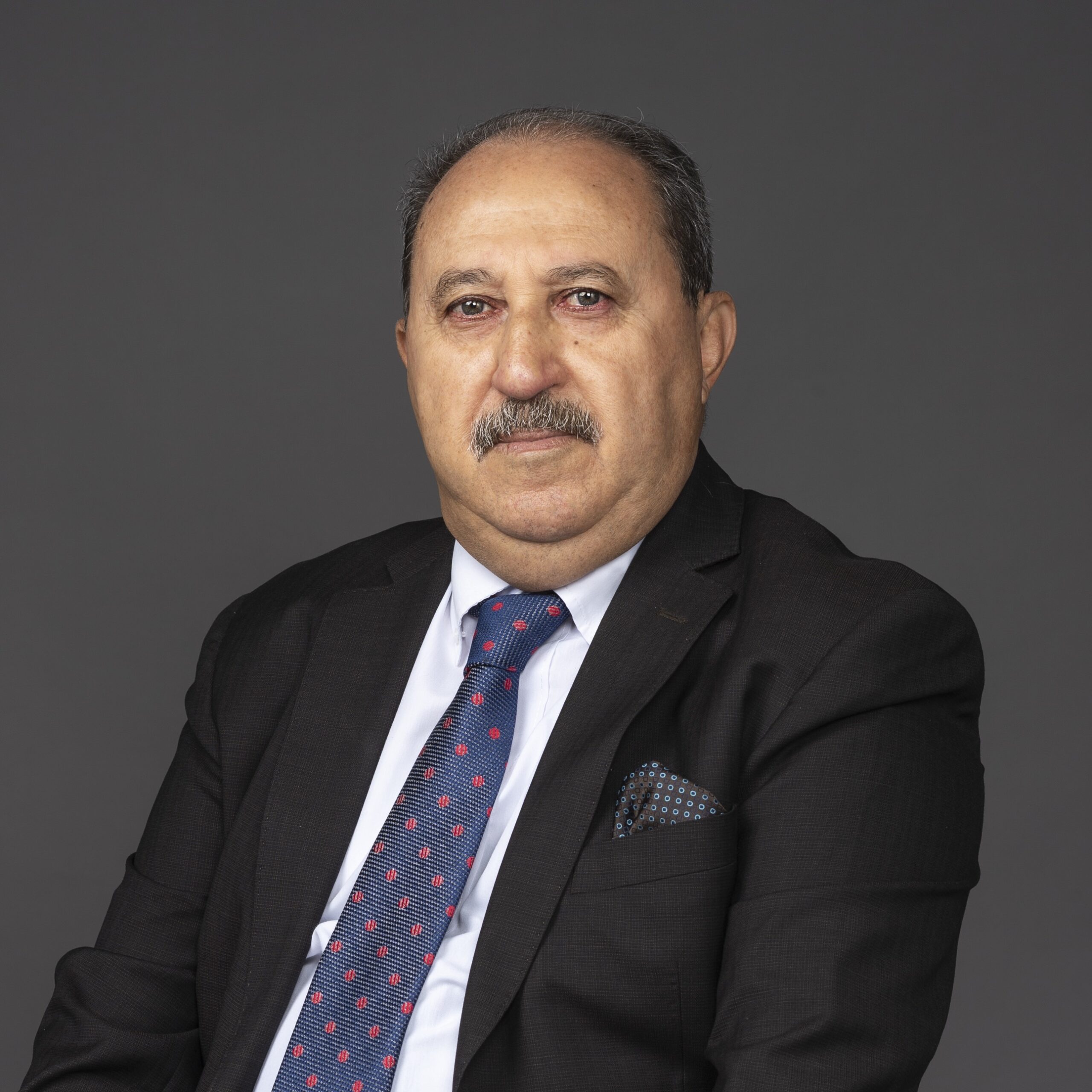Lebanon held a parliamentary election on Sunday, with candidates seeking to win one of the 128 seats in the House of Representatives, the national legislative authority. According to Interior Minister Bassam Mawlawi, the turnout for the poll was 41 per cent; the participation of Lebanese expats was limited.
Nevertheless, the number of legally registered voters was 3,967,507, an increase of 221,024 voters compared with the 2018 election. Of these, just over 1.3 million are Christians, and 2.5m are Muslims. The number of candidate lists increased to 103, with a total of 718 candidates. Again, this was more than in 2018, as was the number of women candidates at 118.
READ: Lebanon gears up for parliamentary election amid economic crisis
Ever since its independence in 1943, Lebanon has been known for two things that have governed its political, economic, social, cultural, and religious life: sectarianism, and the weak presence of the state as an institution for coexistence. Sectarianism is one of the prime aspects of loyalty, and the state cannot take its place in terms of functions and roles. It is rooted in society and Lebanon’s political culture and has caused the concept of the state to weaken. As a result, loyalty to the state in the collective conscience of the Lebanese people has almost disappeared. Legislation, the constitution, and national institutions have been formulated on the basis of the sects in the country and the requirements for living there. We see this in the Basic Law (1943) and the philosophy of power distribution in its provisions; in the laws structuring the country, the foremost of which is the electoral laws; and in major agreements that sought to establish peace among the Lebanese, such as the Taif Agreement (1989), which ended the 1975-1990 civil war.
![Lebanon is one long tale of disaster and crisis - Cartoon [Sabaaneh/MiddleEastMonitor]](https://i0.wp.com/www.middleeastmonitor.com/wp-content/uploads/2020/08/IMG_1180.jpeg?resize=920%2C575&ssl=1)
Lebanon is one long tale of disaster and crisis – Cartoon [Sabaaneh/MiddleEastMonitor]
The two phenomena mentioned above help to explain the reality of the situation in Lebanon, where the latest election took place within a stifling crisis on every level. Furthermore, a fifth of the population, according to some credible reports, did not think it worthwhile to be engaged in the election or show interest in the result. They have lost confidence in the political elite.
As much as some Lebanese are depending on the election to pull their country out of the abyss into which it has fallen since the financial crisis which worsened in 2018; the social protest movement which started in 2019; and the effects of the 2020 Beirut port explosion, many other citizens believe that the new parliament will be no different to the last. This is because Lebanon’s problem is of a structural and complex nature, of which elections are just one aspect. As such, even when all of the results are announced, Sunday’s vote might only have a limited effect; it is unlikely to affect the core of Lebanon’s complex structure in terms of sectarian balances and their political interaction. Nor will it affect the country’s regional stability or reduce social tension.
The initial election results show clear progress for the Lebanese Forces party, led by Samir Geagea. It has taken more than twenty seats, which is an increase in the 2018 result. The Free Patriotic Movement, founded by Michel Aoun, has lost seats compared with its winning position in 2018.
READ: Lebanon expatriates vote in parliamentary elections
Initial reports also suggest the decline of the Hezbollah bloc, while Saad Hariri’s movement decided against taking part. Interestingly, some independent candidates have won seats, and the voices critical of the political class and its performance — which have been heard through the social protest movement — have made some electoral progress.
As we await the final results, the election last weekend is expected to provide a glimmer of hope for the people of Lebanon, who are fed up with the crises blighting their lives, especially the economic crisis described by the World Bank as the most serious and most difficult crisis since 1850; around 80 per cent of Lebanese citizens live below the poverty line.
What’s more, the contribution of the election towards resolving the issues in Lebanon and boosting confidence in the state institutions may also motivate regional and international countries to deal positively with the government and people. In turn, this should help to reduce the pain and suffering which have taken the country to its lowest ebb.
This article first appeared in Arabic in Arabi21 on 16 May 2022
The views expressed in this article belong to the author and do not necessarily reflect the editorial policy of Middle East Monitor.

![People cast their votes at a polling station during general elections in Beirut, Lebanon on May 15, 2022 [Houssam Shbaro/Anadolu Agency]](https://i0.wp.com/www.middleeastmonitor.com/wp-content/uploads/2022/05/AA-20220515-27867363-27867347-GENERAL_ELECTIONS_IN_LEBANON.jpg?fit=920%2C613&ssl=1)







